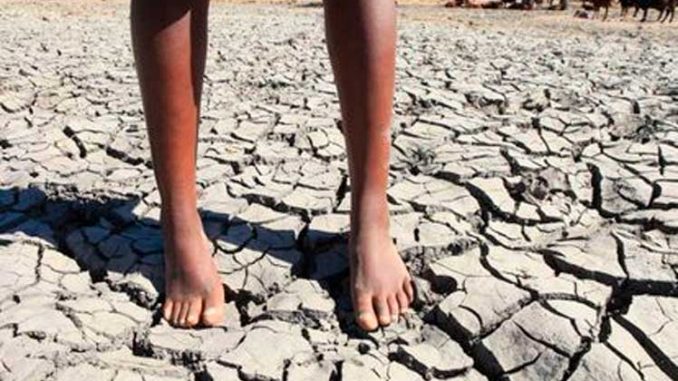
(Prensa Latina) Nearly half of the world´s children – roughly 2.2 billion- live in one of 33 countries classified as ‘extremely high risk’ due to climate change impacts, according to a new report from UNICEF.
‘The Climate Crisis Is a Child Rights Crisis: Introducing the Children’s Climate Risk Index’ is the first comprehensive analysis of climate risk from a child’s perspective — ranking countries based on level of exposure to climate-related shocks, such as cyclones and heat waves, and their relative vulnerability based on access to essential services.
The list of the 33 nations with branded as extremely high risk due to climate change impacts is headed by the Central African Republic, Chad, Nigeria, Guinea and Guinea-Bissau and includes others from Asia and Africa, while Haiti is the only one in Latin America and the Caribbean.
There is still time to act, however. Improving children’s access to water and sanitation, health, education and other essential services ‘can significantly increase their ability to survive these climate hazards,’ Fore added. The findings in ‘Climate Crisis’ detail how climate change impacts threaten children’s health, education and protection by increasing their exposure to life-threatening diseases, among other dangers.
The report’s Children’s Climate Risk Index (CCRI) provides global estimates of the number of children ‘highly exposed’ to specific climate shocks, including: coastal flooding, riverine flooding, cyclones, vector-borne diseases, lead pollution, heatwaves, water scarcity and exceeding dangerous levels of air pollution.
On the other hand, there is a disconnect between ‘where greenhouse gas emissions are generated and where children are enduring the most significant climate-driven impacts.’
In this regard, a deeply inequitable crisis: 33 nations where children are at extremely high risk due to climate impacts together emit just 9% ogf global CO2 emissions, while the 10 highest-emitting countries account for nearly 70%.
In order to face the crisis, UNICEF urged governments and businesses to ‘listen to children and prioritize actions that protect them from climate change impacts’ while accelerating efforts to drastically reduce greenhouse gas emissions by at least 45%.

Be the first to comment